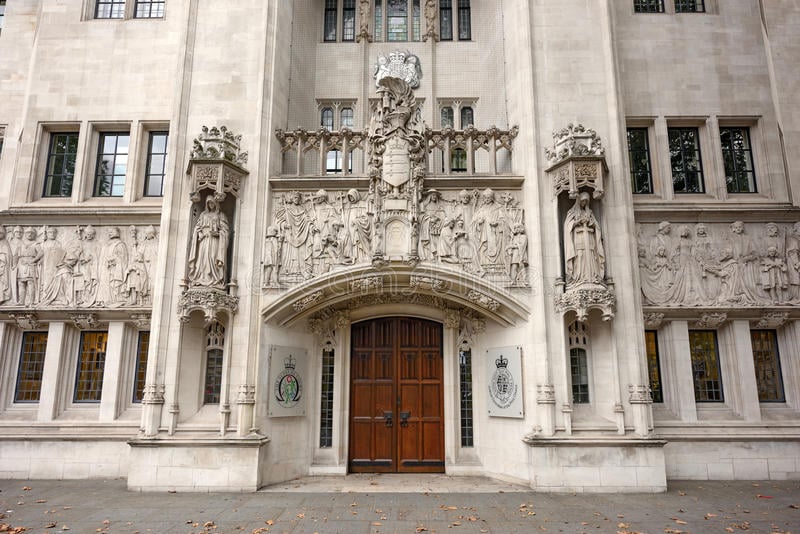A Court of Protection Judge gave a woman permission to extract sperm from her dying husband to enable her to get pregnant.
Lawyers representing the woman, who had been undergoing fertility treatment when her husband had suffered a brain injury, had made an urgent application to specialist court.
Justice Gwynneth Knowles, a judge in a specialist court in London, was informed the man was mentally incapacitated and unable to make decisions for himself due to a traumatic brain injury. She gave the woman permission to have her husband’s sperm “retrieved and restored”
The judge was advised the couple had been going through a fertility treatment programme as they longed for a child when tragically the man suffered the injury.
Justice Knowles agreed that if the man was able to make decisions for himself he would have wanted his sperm to be retrieved and stored so that it could be used to allow his wife to conceive.
The lawyers representing the man, the medical professionals caring for him and the UK fertility regulator, the Human Fertilisation and Embryology Authority (HFEA) had submitted their statements to the Judge backing the woman’s plea to the courts.
Justice Knowles, who is based in the Family Division of the High Court in London concluded she would issue a report as to why she came to this decision in a written ruling in the near future.
Another ruling in the High court, heard four years ago, involved a widow’s fight to preserve her late husband’s sperm.
Beth Warren, 28 who lived in Birmingham and worked as a Physiotherapist challenged HFEA’s storage time limit. She said the storage limit imposed by the HFEA meant she only had just over a year to conceive using her late husband’s sperm, who had tragically died of cancer at the age of 32.
In Warren’s plea to the judge, she asked for her late husbands’ sperm to be in storage for a longer period. Justice Hogg ruled in her favour after examining the evidence at a hearing in the Family Division of the High Court in London.
Head of law firm Vardags, Ayesha Vardag, said the HFEA had taken a “co-operative” approach.
She said the woman had been given a ray of hope by the Court of Protection ruling.
“The sudden loss of a husband is always devastating, and it is all the more poignant when it is a loving couple who were trying to have a baby together,” she said.
“This enlightened and constructive ruling by the Court of Protection, the co-operative approach of the HFEA and the compassion and dedication of the medical teams involved has given a ray of hope to a young widow and the chance to complete their family in the future as the husband had wished.
She added: “The wife also takes great comfort from the fact that part of her husband’s legacy will be, through this ruling, to help other couples in this tragic situation.”
As a professional working in the private client sector, what is your opinion of the judge’s decision?



















